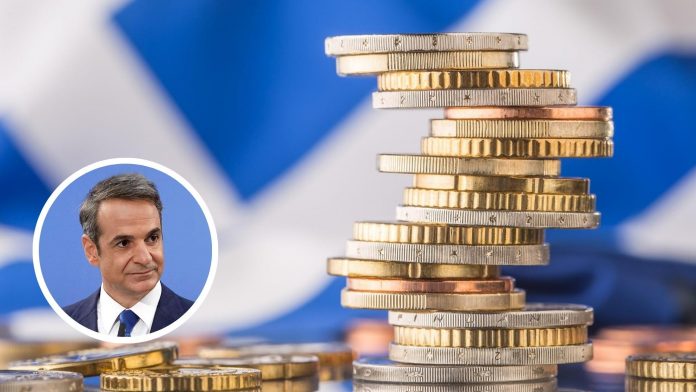The “enhanced surveillance” of Greece by European Union creditors came to a formal end on Saturday after 12 years.
Greece was granted billions of euros in three successive bailouts after 2010, when Athens lost access to international bond markets after admitting it had misreported key financial data.
The country had been in enhanced surveillance status since 2018, when its third bailout program ended.
Greece’s Prime Minister, Kyriakos Mitsotakis, hailed the end of this economic surveillance as “a historic day” for the country and “for all Greeks.”
“The country can now look forward to a new, clean horizon… one of development, unity and prosperity for all,” Mitsotakis said in a video address.
But challenges remain.
Although Greece has returned to international bond markets, its credit rating remains below investment grade, which raises its borrowing costs and precludes many potential investors from buying Greek bonds.
Inflation also hit 11.6% in July, down slightly from an earlier three-decade high but still higher than the 19-country euro area’s 8.9%.
While state subsidies are cushioning households and businesses from mounting energy bills for now, prices of gas, fuel and power are expected to rise further in the winter, like the rest of Europe.
Plus, unemployment in Greece was nearly 15% last year and is only expected to ease to single digits in 2024.
Greece’s Finance Minister, Christos Staikouras, said on Saturday that Greece hopes to regain investment grade by next year and that despite the challenges ahead, “Greece must carry on… to establish itself as an all-round stronger country and make its economy more dynamic, productive, extroverted and socially fair.”
Source: AP News.

